Aquatic Resources
In order for us to sustain our natural aquatic resources, it's important to understand what it takes to maintain healthy and productive ecosystems through conservation-minded practices.
Aquatic Resources Conservation
You can take an active role by helping to conserve our aquatic resources for present and future generations. Responsible anglers and boaters stay committed to protecting and maintaining stable fish populations and healthy aquatic habitats. The conservation of these aquatic freshwater and marine resources depends on greater awareness, but even more importantly, it depends on action.
Freshwater Resources Conservation
Our nation's aquatic freshwater resources consist of inland rivers, streams, lakes, reservoirs, ponds, and associated ecosystems. If you take a fly fishing trip to someplace such as the North Platte River in Colorado, or target largemouth bass on Lake Okeechobee in Florida, you are enjoying the benefits of our nation's aquatic freshwater resources.
Marine Resources Conservation
Aquatic marine resource conservation refers to the preservation of ecosystems in our oceans, seas, and coastal waterways. Marine ecosystems, such as estuaries and coral reefs, are among the largest of our aquatic ecosystems. When you go deep sea fishing for tuna off the coast of California, or take a sunrise boat cruise on Chesapeake Bay, you get to enjoy those experiences due to our aquatic marine resources.
Water Resources Information & Conservation
By becoming educated on water resources information, you can help share the conservation message with other anglers and boaters. Knowledge and simple action can make a big difference. You can contribute to the conservation of water resources and aquatic eco-systems in these ways.
- Educate yourself about important issues that have an impact our aquatic resources. The more you know, the better you'll be able to help ensure the health of our aquatic resources. Share your knowledge to educate others and inspire action.
- Always practice responsible fishing, boating, and watersports. Never discard any trash or gear overboard, and be aware of any aquatic life in the waters around you. If you find trash, pick it up and dispose of it in a trash receptacle or recycling bin.
- Don't stock your aquarium with wild-caught fish, and never release any aquarium fish into the ocean or other bodies of water. This practice can introduce non-native species that are harmful to the existing aquatic ecosystem.
- Fish populations can diminish due to loss of habitat and unsustainable or unethical fishing practices. Always follow the fishing regulations, and practice sustainable fishing methods. When purchasing seafood or dining out, you can help reduce the demand for overfished species by making sustainable seafood choices.
- Plastic can litter our waterways and pose threats to aquatic eco-systems. Limit your impact by carrying a reusable water bottle, store your food in reusable containers, bring along your own reusable bag when you go shopping, and recycle whenever possible.
- Pack out what you pack in. Use our waterways without interfering with wildlife or removing rocks and coral. Encourage others to respect both our freshwater and marine environments by participating in local waterway cleanup efforts.
- Do your part to practice sustainable water management. As an example, avoid wasting irrigation water by not over-watering your lawn. Check for any leaks in your sprinklers or irrigation systems at home. Learn about using different sources of water, such as rainwater harvesting.
- Check your regularly boat for any gas or fluid leaks, stay on top of repairs, and report any oil or fuel spill that leaves a sheen on the water to the U.S. Coast Guard National Response Center.
By taking these actions when you are on the water, you are doing your part to help preserve our aquatic ecosystems now and into the future. Learn easy ways you can help with fishing conservation.
KEEP LEARNING
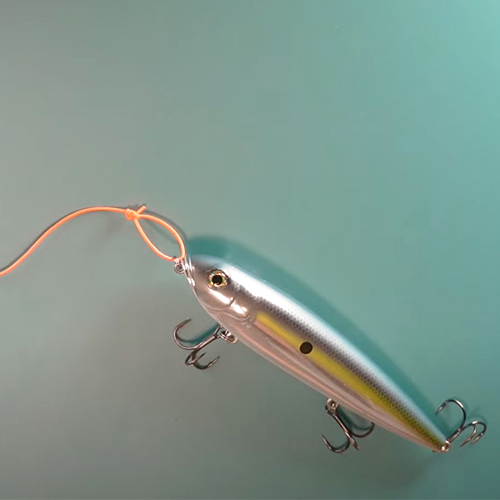
How to Tie the Non-Slip Loop Knot
The non-slip loop knot is a popular and reliable choice for securing hooks, lures, and other tackle to your fishing line.
LEARN MORE
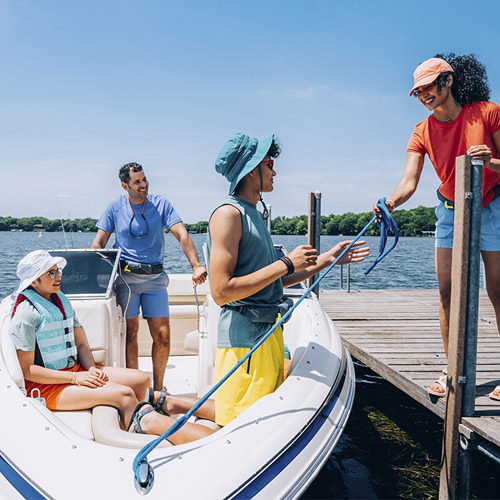
Socials
Take me fishing social media links
LEARN MORE
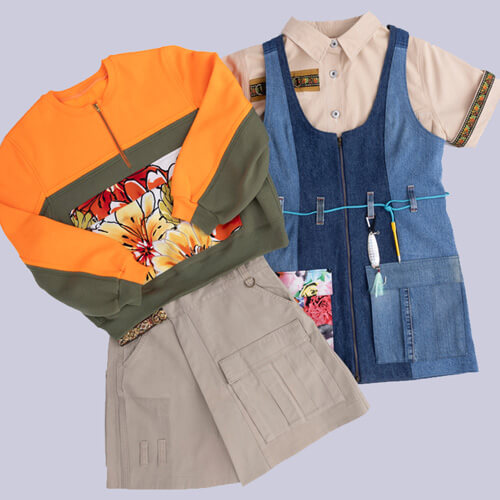
TakeMeFishing x Teen Vogue
Join us on a creative journey as fashion designer Ahmrii Johnson walks us through her collaborative vision and process with Teen Vogue and fashion brand, Rentrayage, to create a special piece.
LEARN MORE

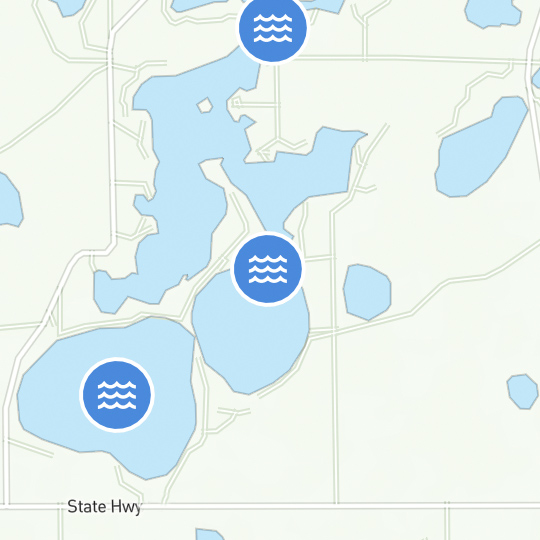
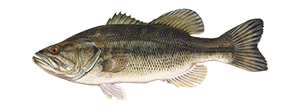.png?lang=en-US&ext=.png)